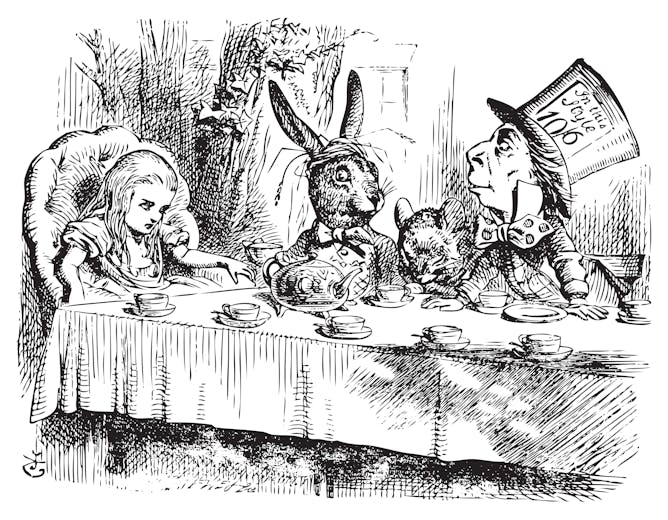|
|
|
Editor's note
|
|
After 20 years, Google has become a ubiquitous part of our lives: planning our journeys, managing our diaries, answering our most difficult questions. But Benjamin Curtis argues that the internet giant has become more than just an indispensable tool and is now a literal extension of our minds – and that this has some worrying implications.
According to maths, you can cut a ball into several pieces and reassemble them into two new balls, each the same size as the original. It may seem impossible now, but Alexei Vernitski argues that weird maths theories like this offer clues to solving the problems we’ll encounter in the future, once our understanding has caught up.
Given the near constant discussion around the way that Muslim women dress, some in the West might assume a moral duty to “save” these women from their religion. But, as Ayla Göl writes, this couldn’t be further from the truth. In fact, focusing on religion as the cause of Muslim women’s repression is to ignore the clear political agendas that are holding them back, and which can be seen in countries with very different religious
approaches.
|
Stephen Harris
Commissioning + Science Editor
|

|
|
Top stories
|

Shutterstock
Benjamin Curtis, Nottingham Trent University
We're now so reliant on Google's services they are now a part of us, raising some deeply troubling questions.
|

“We’re all mad here.”
Shutterstock
Alexei Vernitski, University of Essex
"Sometimes I've believed as many as six impossible things before breakfast." To understand the universe, we need more Mad Hatter mathematicians.
|

Facecontrol.it/Shutterstock
Ayla Göl, Aberystwyth University
From Turkey to Saudi Arabia, Muslim women are battling for their rights - but religion is not at fault.
|
Education
|
-
Catherine Heinemeyer, York St John University
The arts can help schools to really tackle the mental health crisis.
|
|
Cities
|
-
Katy Wells, University of Warwick
The right to housing is enshrined in law in the Netherlands and South Africa – so what would it look like in the UK?
|
|
Health + Medicine
|
-
Mark Honigsbaum, City, University of London
For nearly 50 years academic and popular writers ignored the 1918 Spanish flu pandemic. A hundred years later, historians can't get enough of it.
|
|
Science + Technology
|
-
Eva M Krockow, University of Leicester; Andrew M Colman, University of Leicester; Briony Pulford, University of Leicester
As long as there are no hidden agendas, it is surprisingly simple to reach the right decision when faced with contradictory information.
|
|
Business + Economy
|
-
Isaac Tabner, University of Stirling
One person should not bear sole responsibility for a loss of US$2.3 billion at a global financial institution employing 65,000 people.
-
Lawrence McKay, University of Manchester; Jack Bailey, University of Manchester
The idea that welfare cuts galvanised Vote Leave risks identifying the wrong culprit.
|
|
Politics + Society
|
-
Emma Bimpson, University of Sheffield
Administrative errors and negative stereotypes lead landlords to discriminate against people on housing benefit.
-
Katerina Antoniou, University of Central Lancashire
Decades of top-level talks have failed to produce a solution. So why not get citizens involved?
-
Scott Lucas, University of Birmingham; Talat Farooq, University of Birmingham
Interviews with civilian and military figures paint a complex picture of what went wrong with crucial peace negotiations.
|
|
| |
Featured events
|

|
Renold Building, The University of Manchester, Manchester, Manchester, M1 7JA, United Kingdom — University of Manchester
|

|
University Place, The University of Manchester, Oxford Road, Manchester, Manchester, M13 9PL, United Kingdom — University of Manchester
|

|
The University of Manchester, Oxford Road, Manchester, Manchester, M13 9PL, United Kingdom — University of Manchester
|

|
National Centre for Writing, King Street, Norwich, Norfolk, NR1 1QE, United Kingdom — University of East Anglia
|
|
|
|
| |
| |
| |
| |
| |
|
|
|
|
|
|
|